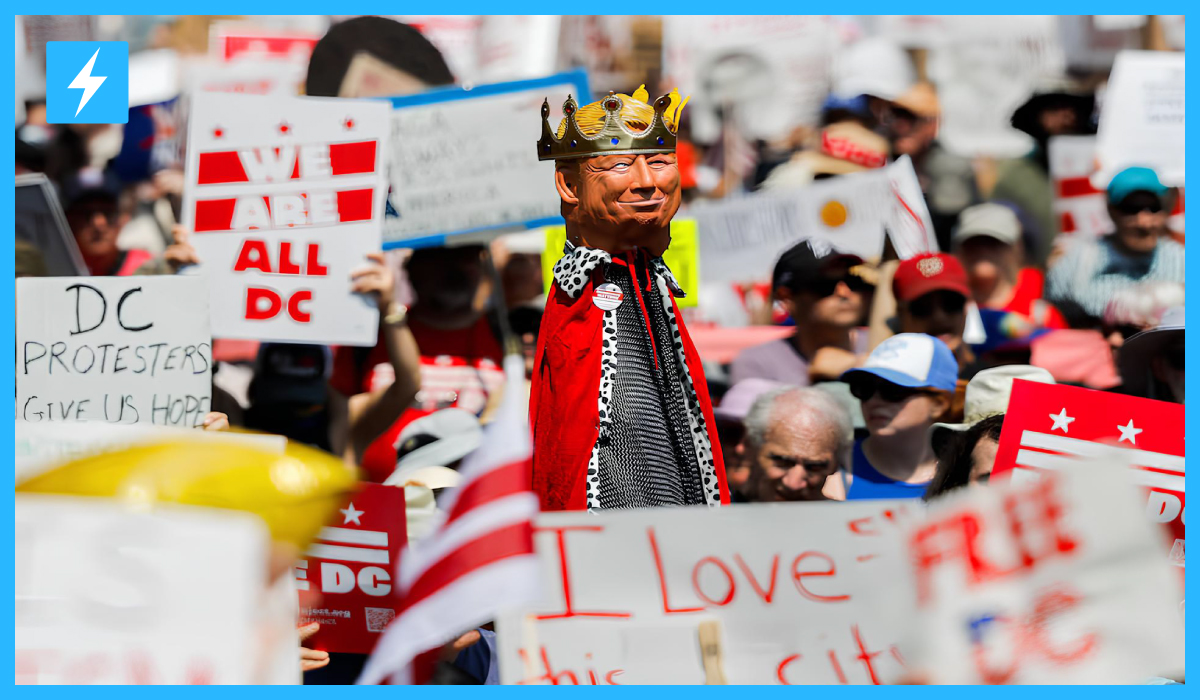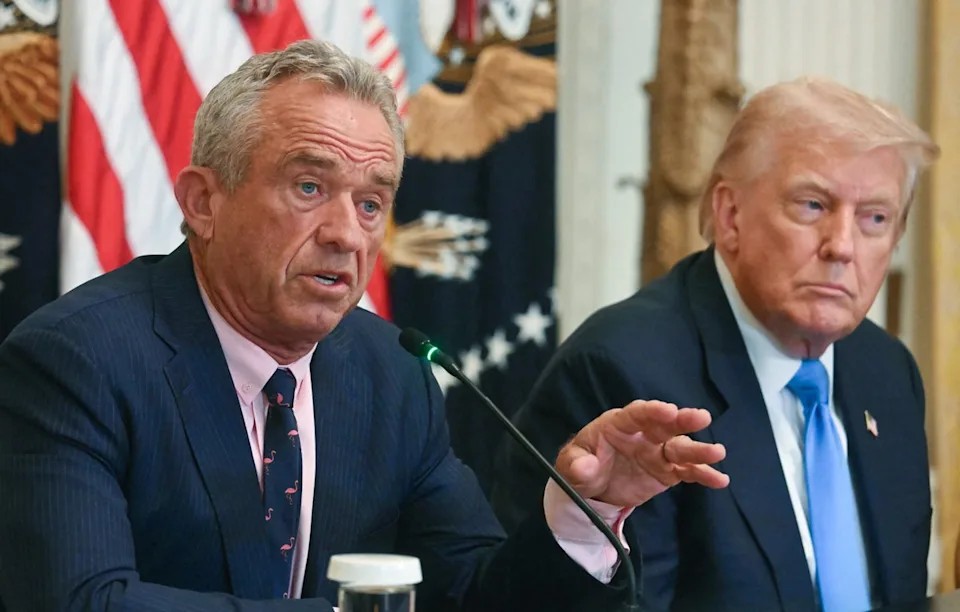Putin’s Bold Peace Demands Rock Ukraine-Russia Negotiations
Putins Shocking Ultimatum to Ukraine, demanding complete control over the eastern Donbas region, permanent neutrality, NATO membership abandonment, and exclusion of Western troops from Ukrainian territory. These explosive conditions emerged from recent high-level diplomatic discussions, including the groundbreaking Trump-Putin Alaska summit, marking the most comprehensive revelation of Russia’s peace terms since the conflict began.reuters
The Russian president’s uncompromising stance centers on Ukraine’s complete withdrawal from territories it still controls in Donetsk and Luhansk oblasts, collectively known as the Donbas region. In exchange, Moscow has offered to stabilize current front lines in Zaporizhzhia and Kherson regions, where Russian forces currently occupy significant portions of Ukrainian territory.reuters
Donbas: The Heart of Putin’s Strategic Demands
The coal and mineral-rich Donbas region has emerged as Putin’s primary territorial demand, representing what sources describe as “the ball game” in ongoing negotiations. Russia currently controls approximately 70% of Donetsk oblast and most of Luhansk, yet Putin insists on complete Ukrainian withdrawal from remaining areas as a non-negotiable condition for peace.nypost
Ukrainian President Volodymyr Zelensky has categorically rejected these territorial concessions, emphasizing that Donbas serves as Ukraine’s “strongest defensive positions” against deeper Russian advances. The region’s strategic importance extends beyond its economic value, functioning as a crucial buffer zone that Ukrainian officials consider essential for national survival.reuters
Expert analysis suggests Putin’s demands represent a calculated gamble to secure territory his forces have failed to capture through military means. George Barros from the Institute for the Study of War characterizes Putin’s territorial demands as seeking “territory that he has failed to secure in over three years of conflict”. Even with current momentum, military analysts estimate Russia would require approximately four years to fully occupy Donbas through conventional warfare.kyivindependent+1
NATO Membership: Putin’s Fundamental Red Line
Putin’s security demands extend far beyond territorial concessions, encompassing sweeping restrictions on Ukraine’s future military and political alignment. The Russian leader demands legally binding commitments preventing Ukraine’s NATO membership, restrictions on Ukrainian military capabilities, and assurances against Western troop deployment in any peacekeeping capacity.reuters
These demands directly contradict Ukraine’s constitutional commitment to NATO membership, which Ukrainian leadership views as their most reliable security guarantee. Public opinion polling demonstrates overwhelming Ukrainian support for NATO integration, with 89% of Ukrainians supporting membership in recent surveys.freepolicybriefs+1
Russian Foreign Minister Sergey Lavrov has escalated these demands, insisting Moscow must have veto power over any Western security guarantees provided to Ukraine. This represents a fundamental challenge to ongoing efforts by the United States and European allies to establish protective frameworks for Ukraine’s post-conflict security.understandingwar
Western Troops and Security Guarantees: The Peacekeeping Dilemma
Putin’s opposition to Western military presence in Ukraine has created significant complications for European peacekeeping initiatives. Russia has categorically rejected any deployment of NATO or European forces in Ukraine, regardless of their peacekeeping mandate.aa+2
This stance directly conflicts with emerging “coalition of the willing” proposals from European leaders, including the United Kingdom and France, who have expressed readiness to deploy forces to guarantee any future peace agreement. Russian officials, including Deputy Security Council Chairman Dmitry Medvedev, have issued stark warnings against such deployments, calling them “completely unacceptable”.bbc+1
The peacekeeping dilemma reflects broader strategic disagreements about Ukraine’s future security architecture. While Western allies seek to provide Ukraine with Article 5-style guarantees, Russia demands inclusion in any security arrangements, effectively seeking veto power over Ukraine’s defensive partnerships.nytimes
International Diplomatic Response and Social Media Reaction
The revelation of Putin’s demands has generated intense international scrutiny and widespread social media discussion. European leaders have characterized Russian demands for veto power over Ukrainian security guarantees as “ludicrous,” highlighting the substantial gaps remaining in peace negotiations.nytimes
Social media platforms have become crucial battlegrounds for information and public opinion regarding the conflict. Ukrainian officials have utilized these platforms to reject territorial concessions and maintain international support for their sovereignty. The conflict has demonstrated unprecedented real-time documentation through social media, providing global audiences with immediate access to developments and official statements.cnn
International observers note that Putin’s conditions essentially amount to Ukrainian capitulation, demanding rewards for Russian aggression while providing minimal concessions in return. Political analyst Samuel Charap suggests these demands may represent “more of a performance for Trump than an indication of genuine willingness to compromise”.reuters
Current Military Situation and Territorial Control
Russia currently occupies approximately one-fifth of Ukrainian territory, an area comparable to the U.S. state of Ohio. This includes complete control of Luhansk oblast, roughly 70% of Donetsk, and significant portions of Zaporizhzhia and Kherson regions.aljazeera+1
Ukrainian forces maintain control of strategically important cities including Sloviansk and Kramatorsk in Donetsk, which serve as crucial defensive positions against further Russian advances. Military analysts emphasize that Ukrainian withdrawal from these positions would create dangerous vulnerabilities for future Russian offensives deeper into Ukrainian territory.nypost
The territorial dynamics reflect broader strategic calculations, with Russia seeking to legitimize territorial gains through diplomatic recognition rather than continued military action. Putin’s willingness to return small portions of occupied territory in northern Ukrainian regions appears designed to create an impression of compromise while maintaining control over economically and strategically valuable areas.reuters
Economic and Strategic Implications
The Donbas region represents significant economic value for both nations, containing substantial coal and steel resources critical to Ukraine’s industrial capacity. Russian control over these resources would provide Moscow with considerable economic leverage while depriving Ukraine of crucial industrial infrastructure.youtube
Strategic analysts warn that accepting Putin’s territorial demands would establish dangerous precedents for future Russian aggression. The conditions effectively reward military invasion while providing insufficient guarantees against renewed attacks, potentially encouraging similar actions against other former Soviet states.
Western sanctions relief, another component of Russian demands, would provide Moscow with economic benefits while potentially undermining the international community’s ability to deter future aggression. The interconnected nature of territorial, security, and economic demands creates complex challenges for negotiators seeking sustainable peace arrangements.reuters+1
Future Negotiation Prospects
Despite significant gaps between Russian and Ukrainian positions, diplomatic efforts continue through multiple channels. President Trump has expressed optimism about arranging direct Putin-Zelensky meetings, though Russian officials have introduced additional conditions for high-level negotiations.nypost
The emergence of various negotiation frameworks, including territorial exchanges, security guarantees, and sanctions relief, demonstrates the complexity of reaching comprehensive agreements. Success in any single area appears dependent on progress across all dimensions of the conflict.newsweek
European and American officials continue developing alternative security arrangements for Ukraine, including bilateral and multilateral defense partnerships outside traditional NATO structures. These efforts face ongoing Russian opposition but represent potential pathways for Ukrainian security without formal alliance membership.bbc
Frequently Asked Questions
Q: What exactly is Putin demanding from Ukraine?
A: Putin demands that Ukraine completely withdraw from the Donbas region (Donetsk and Luhansk), permanently abandon NATO membership aspirations, maintain neutrality, and prevent any Western military presence on Ukrainian territory.reuters
Q: Why is the Donbas region so important to Russia?
A: The Donbas is rich in coal and mineral resources, provides strategic military positioning, and has symbolic significance for Russian territorial claims. Russia has sought control since supporting separatists there in 2014.aljazeera
Q: How much Ukrainian territory does Russia currently control?
A: Russia occupies approximately 20% of Ukrainian territory, including most of Luhansk, 70% of Donetsk, and significant portions of Zaporizhzhia and Kherson regions.aljazeera+1
Q: What are Ukraine’s main objections to these demands?
A: Ukraine views these conditions as capitulation that would reward Russian aggression. Ukrainian officials argue that territorial concessions would create vulnerabilities for future attacks and violate constitutional commitments to NATO membership.reuters
Q: Could Western peacekeeping forces be deployed in Ukraine?
A: Russia has categorically rejected any Western military presence in Ukraine, including peacekeeping forces. European nations continue planning such deployments, but Russian opposition creates significant implementation challenges.reuters+1
Q: What role does NATO membership play in the negotiations?
A: NATO membership represents a fundamental disagreement, with Ukraine viewing it as essential for security while Russia considers it an unacceptable threat. Putin demands legally binding commitments preventing Ukrainian NATO accession.reuters
Q: How long might it take Russia to capture the Donbas militarily?
A: Military analysts estimate Russia would need approximately four years to fully occupy the Donbas through conventional warfare, assuming current momentum could be maintained.kyivindependent
Q: What security guarantees are being discussed for Ukraine?
A: Proposals include Article 5-style guarantees from Western nations, bilateral defense agreements, and “coalition of the willing” arrangements. However, Russia demands veto power over any such arrangements.nytimes





Hello everyone!
I came across a 143 useful platform that I think you should browse.
This resource is packed with a lot of useful information that you might find insightful.
It has everything you could possibly need, so be sure to give it a visit!
https://indianewsrepublic.com/9-simple-ways-to-make-a-difference/636197/
And remember not to overlook, everyone, which a person at all times may in this particular piece discover responses for the the very complicated inquiries. Our team attempted to explain the complete information via an very understandable manner.
Your point of view caught my eye and was very interesting. Thanks. I have a question for you.
Your article helped me a lot, is there any more related content? Thanks!